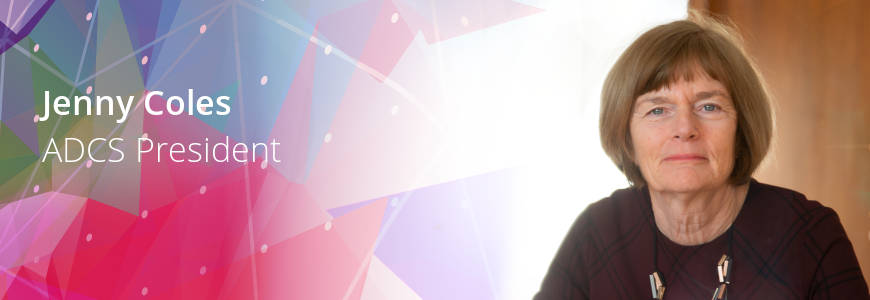PR: Childhood Matters

Seven years ago, the Association of Directors of Children’s Services (ADCS) published A country that works for all children. The 2017 policy position paper aimed to articulate the challenges facing children and their families and put forward some solutions for change and asks of government which, sadly, remain unaddressed. Today, ADCS publishes Childhood Matters, an update to capture the changes that have happened in the intervening years and describe the current situation for children, their families and the public services they rely on.
The updated paper acts as an urgent call to arms to put children and families at the heart of all policy decisions and to invest in them and their futures. It reiterates the Association’s previous calls for a comprehensive long-term vision and plan for childhood and to address the funding gap in children’s services. It also identifies the most pressing priority for all the different government departments and agencies with a stake in child and family policy.
Since 2010, funding for local government has fallen by almost half in real terms and several councils are now effectively bankrupt, with more expected to follow suit. There is an estimated £4 billion blackhole in council finances over the next two years, and while local politicians have worked hard to protect children’s services budgets, over time more is being spent on child protection and care meaning there is less for early help and support. Emergency one off injections of funding, while helpful, do not negate the need for sufficient, long term funding for children’s services and local government.
John Pearce, ADCS President, said: “It is clear that children’s needs, rights and outcomes have not been prioritised in recent years. The cumulative impact of government policies and decisions on them, their families and the public services that support them is growing. The impact is evident from underinvestment in school buildings, the allocation of new funding via competitions to insufficient action on rising levels of child poverty, mental distress, and blatant profiteering by some private providers of children’s homes. During the pandemic pubs reopened before most pupils returned to school and even where there is significant planned investment in childcare, for example, the driver is getting adults back into work rather than children’s outcomes. What message does this send about our priorities as a country and how we value children in society?
He went on to say: “Clearly this country is not currently working for all children, we need the government to recognise this and act in a long term way. The need for action on child and family poverty, a new approach to funding and addressing the workforce crisis is arguably stronger than ever before. We need government to recognise its role in addressing these challenges and to work with councils and other public services to take action on deep rooted injustices and inequalities, which are widening rather than closing.
John Pearce concluded: “Childhood matters but because children do not vote they have not been a political priority. This is a pivotal moment in the nation’s relationship with children and families. A general election is on the horizon, a step change is needed in how government prioritises and invests in children, young people, their families and in public services. Not only is this the right thing to do, but it is the only way to secure this country’s future economic prosperity. Every childhood is a critical opportunity for us to make a difference, however, if the status quo continues I worry about the lives and life chances that are being left behind.”
ENDS
Related Articles
Charlotte Ramsden comments on the government’s test and trace system
In General
Commenting on Ofsted’s ‘Matching in foster care’ report, Edwina Grant,...
In General
ADCS President, Alison Michalska, comments on a new report by Action for...
In General
Stuart Gallimore’s Presidential address at the 2018 National Children and...
In General
Gail Tolley responds to the announcement on 2021 school exam dates
In General
Responding to the Department for Education’s Vulnerable Children and Young...
In General
ADCS response to the Competition and Markets Authority children’s social care...
In General
Joint statement on an agreement between ADCS and Cafcass which has now been...
In General
Jenny Coles responds to the OCC report on the use of unregulated settings
In General
Jenny Coles responds to the Secretary of State’s speech on adoption
In General
Charlotte Ramsden, ADCS President, comments on proposals to create a national...
In General
Comment on statistics on the timeliness of care proceedings in the family court
In General
On 1 April I became ADCS President and I feel privileged to be able to represent...



